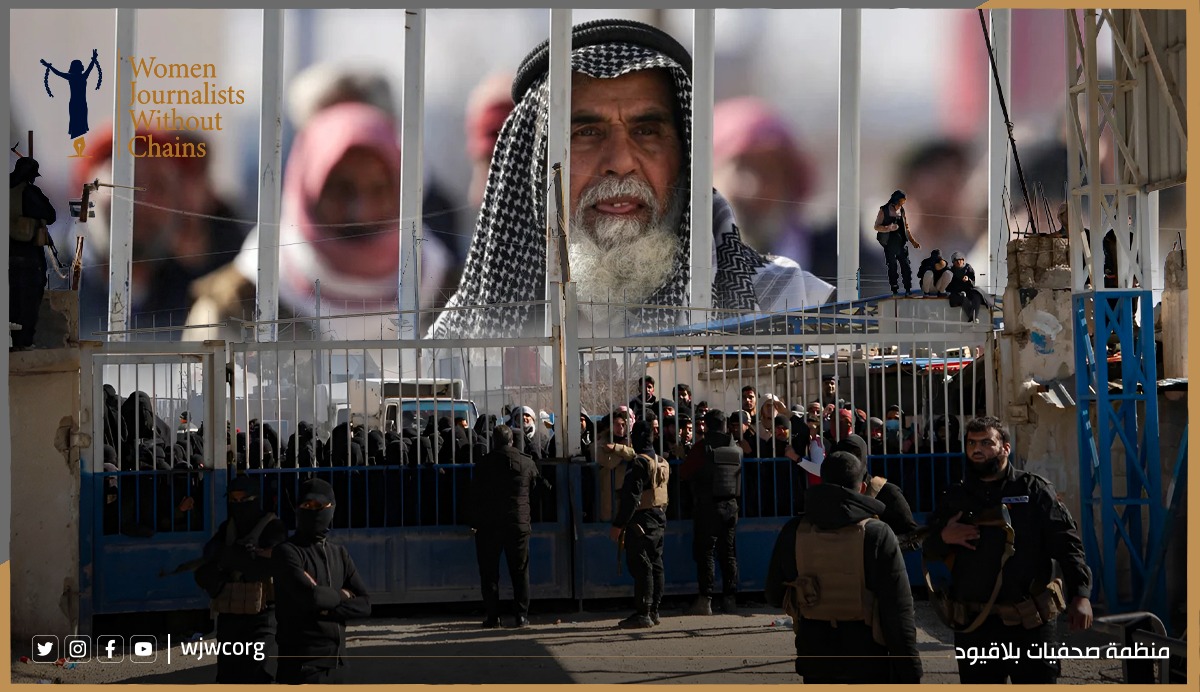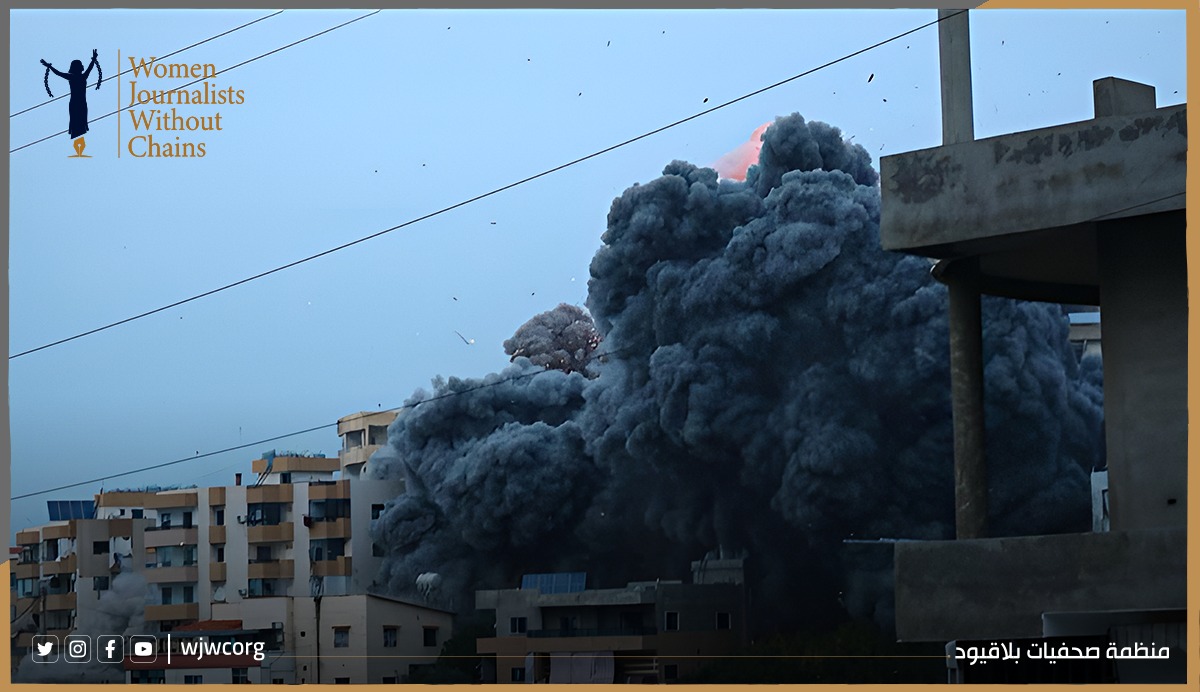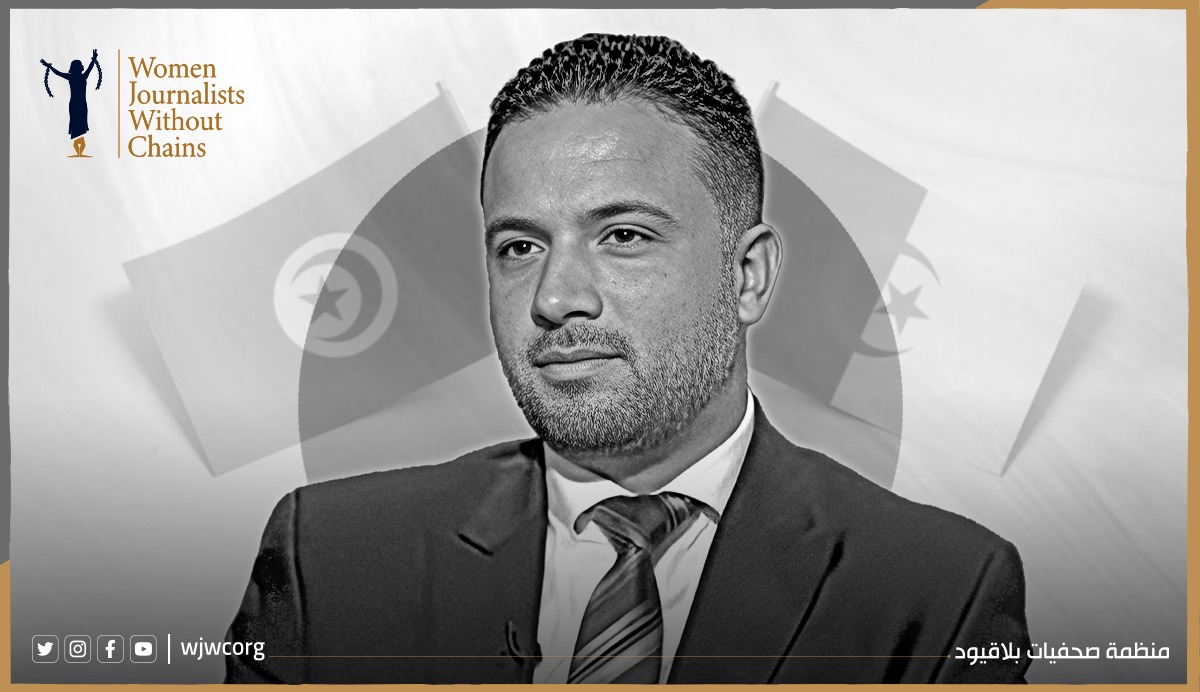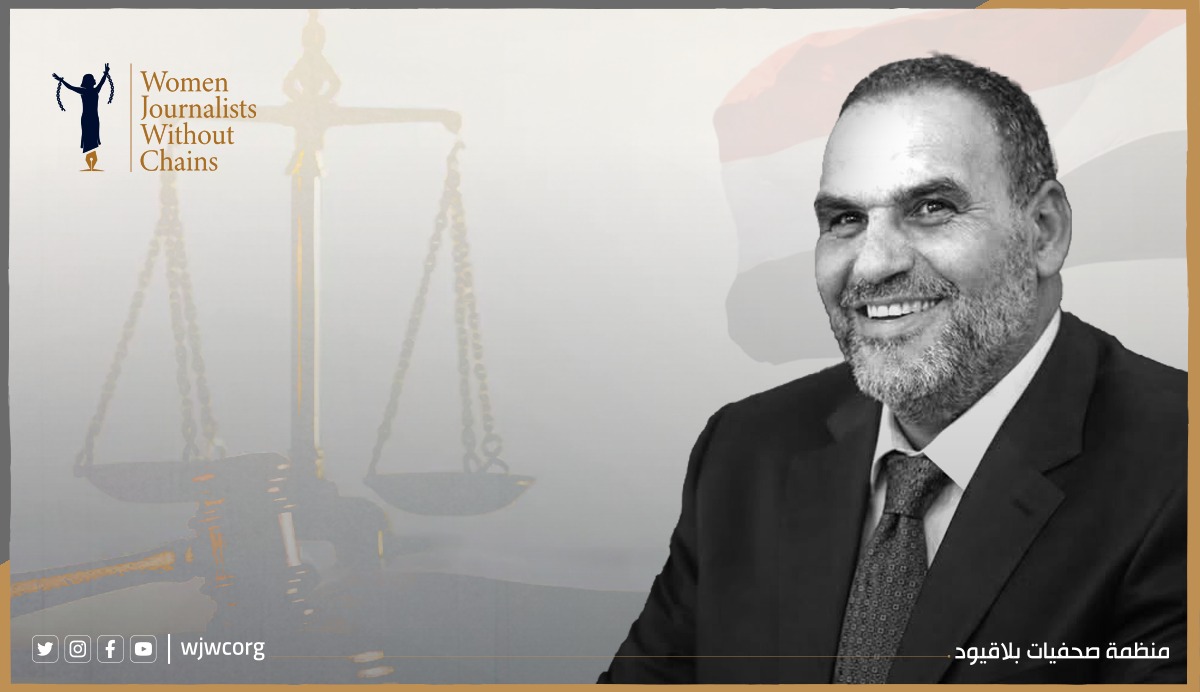WJWC Statement on the International Day to End Impunity for Crimes Against Journalists
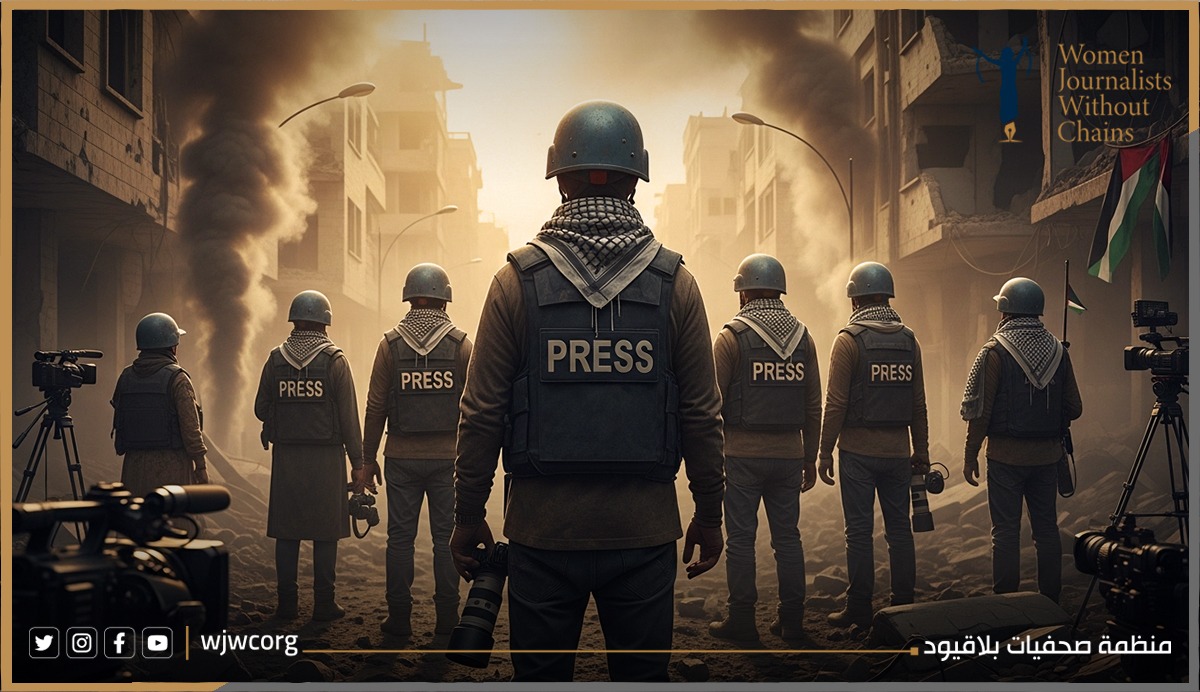
Today is not just another date on the UN calendar. It marks the International Day to End Impunity for Crimes Against Journalists — a day that, for those of us who bear witness across the Arab world, reflects a relentless and brutal reality.
Here, journalism has become a vocation shadowed by death, where the search for truth itself is a threat to life.
The statistics are as grim as they are familiar. The United Nations tells us that globally, more than eight out of ten crimes against journalists never see justice. Meanwhile, watchdog organizations — Reporters Without Borders and the Committee to Protect Journalists — consistently rank the Arab region as the most dangerous on earth for our profession.
Nowhere is this crisis more acute than in Palestine. In the Gaza Strip, since October 2023, our colleagues have been living a massacre in slow motion. Over 210 journalists have been killed. Let that number settle. The CPJ recorded that in 2024, nearly 70% of all journalists killed worldwide died in Gaza alone. This isn’t just a conflict zone; it is the deadliest landscape for the press since the Second World War.
We see media offices and family homes, marked clearly as press, vanish in direct strikes — a blatant violation of the Geneva Conventions that are supposed to offer us protection. And yet, amid this unimaginable loss, there has been no independent investigation, no accountability. This is not merely oversight; it is the active cultivation of impunity, rotting the foundations of international law.
In Sudan, a different kind of war rages — a war on truth itself. Since the fighting began in April 2023, journalists have been killed, snatched from the streets, forced into exile, or made to disappear. Media institutions lie in ruins. To report independently is to be branded a traitor or a liar — charges that carry a death sentence. The result is a silenced nation and a diaspora of storytellers, scattered and grieving.
But the machinery of repression is not confined to the battlefield. From the prisons of Egypt, where over sixty journalists languish on baseless charges, to the streets of Iraq, where voices like Ahmed Abdel Samad and Hisham al-Hashimi were extinguished with no one held to account, the message is clear: speak, and you will be broken.
In the Gulf, the methods are more sleek but no less sinister — a digital panopticon of spyware and legal harassment. The ghost of Jamal Khashoggi still haunts us, a stark monument to a world order that too often bows to power rather than defends principle. The tools used are not just bombs and bullets, but ones like Pegasus, silently violating the sacred space of private thought and speech.
This systemic impunity is not a failure of justice; it is a tool of power. Laws are weaponized to punish reporting, and state media is perverted into a mouthpiece for censorship.
We at Women Journalists Without Chains (WJWC) state clearly: protecting journalists is not a request; it is a legal obligation. It is enshrined in UN resolutions and the Geneva Conventions. It is a duty nations have sworn to uphold.
The International Day to End Impunity for Crimes Against Journalists was established by the United Nations General Assembly through Resolution 68/163, adopted in 2013, to reaffirm these very principles — the right to truth, justice, and accountability for every crime committed against the press.
Therefore, we demand:
· An independent, international mechanism to investigate these crimes;
· The immediate and unconditional release of every journalist jailed for their work;
· Meaningful compensation for the families who have lost everything;
· The dismantling of laws designed to criminalize journalism;
· A safe and free legal environment, shielded from digital surveillance and state-sponsored intimidation.
Journalism is more than a profession. It is a testament to what is real. In Gaza, our colleagues film the rubble that was once their home. In Sudan, they report from exile, their own futures among the casualties. To protect a free press is to protect life itself. For a journalist killed carrying a camera is killed twice — first by the weapon that silences them, and again by the global silence that follows.
Ending this impunity is not a niche demand. It is a fundamental human and moral duty. It is the fight to ensure that the right to know is not extinguished, that justice is not a phantom, and that silence never becomes the new normal.

 En
En  Ar
Ar 